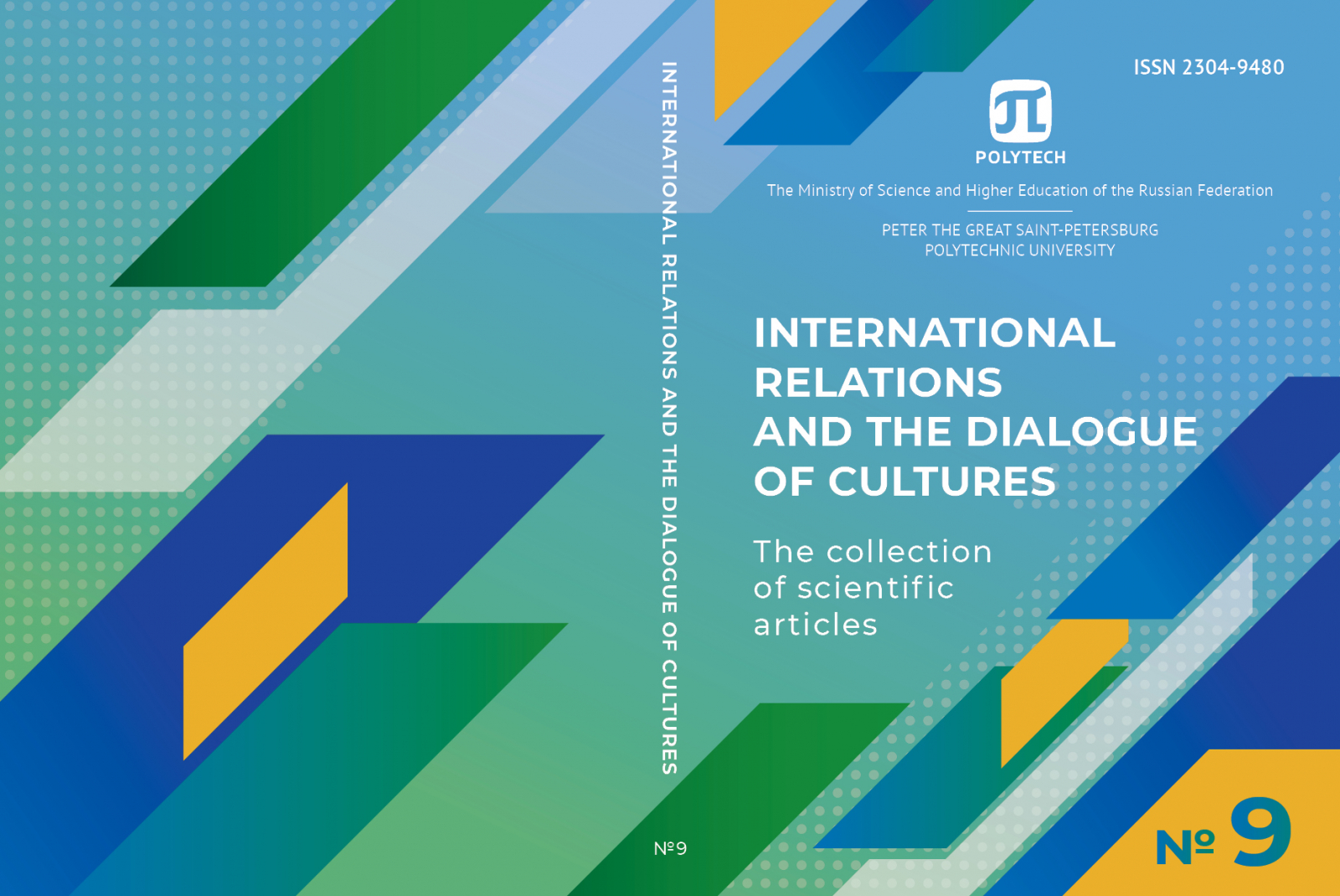ASSESSING TURKEY’S DEVELOPMENT AID POLICY TOWARDS AFRICA: A CONSTRUCTIVIST PERSPECTIVE
Turkey-Africa relations have been soaring on economic, political, social and cultural plans in recent years. In the sphere of development assistance, Turkey’s development aid to the African continent has dramatically increased in the last decade. This paper first investigates whether Turkey’s development aid policy in Africa can be explained from a constructivist perspective. It then tries to understand the constructivist roots of Turkey’s African policy at the discursive level. By looking at Turkey’s African policy, most particularly to the Sub-Saharan African one through the lenses of constructivism, it, secondly, tries to assess whether this newly “constructed” African policy of Turkey through a three level discourse (1) Humanitarian diplomacy, 2) anti-colonial discourse and 3) Turkey-as-a-rising country discourse) has achieved success on the ground despite its limitations and the challenges that Turkey has experienced in recent years. In the final analysis, this paper concludes that Turkey currently pursues a selective engagement policy in its development aid policy towards Africa by giving priority to the Horn Africa region (Somalia, Sudan, Ethiopia, Kenya and Eritrea), as well as to three other Sub-Saharan countries, Senegal, Niger and Mauritania and this is a good indicator in showing the constructivist roots of Turkey’s development aid policy largely focused on regions having a high Muslim population and past historical ties with the Ottoman Empire.


